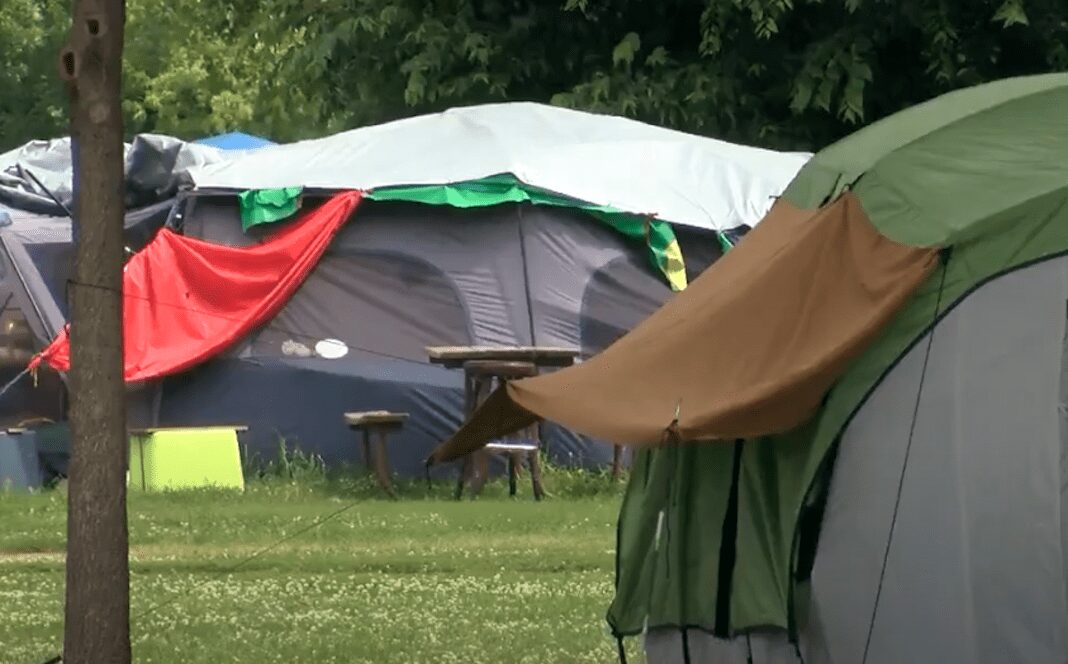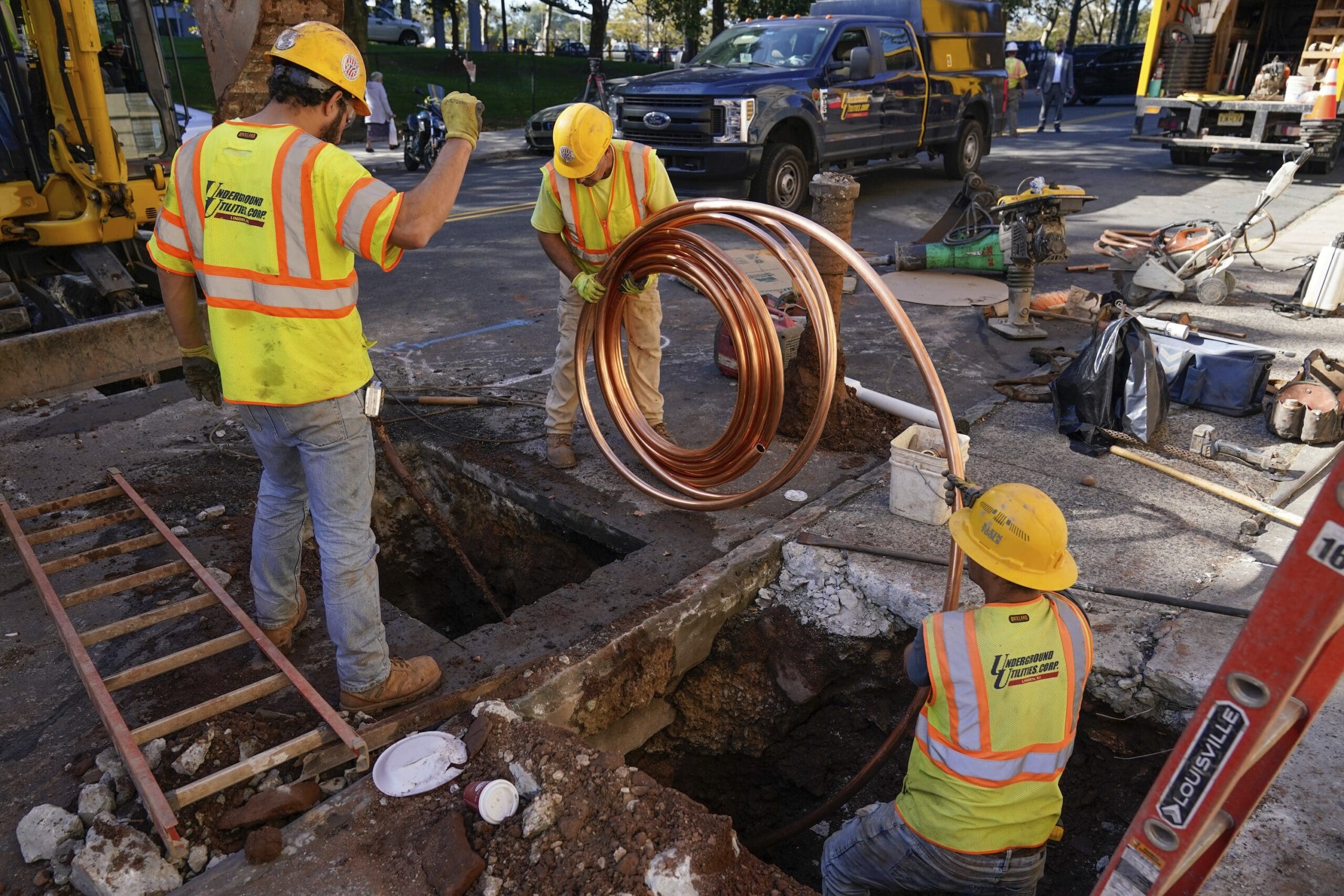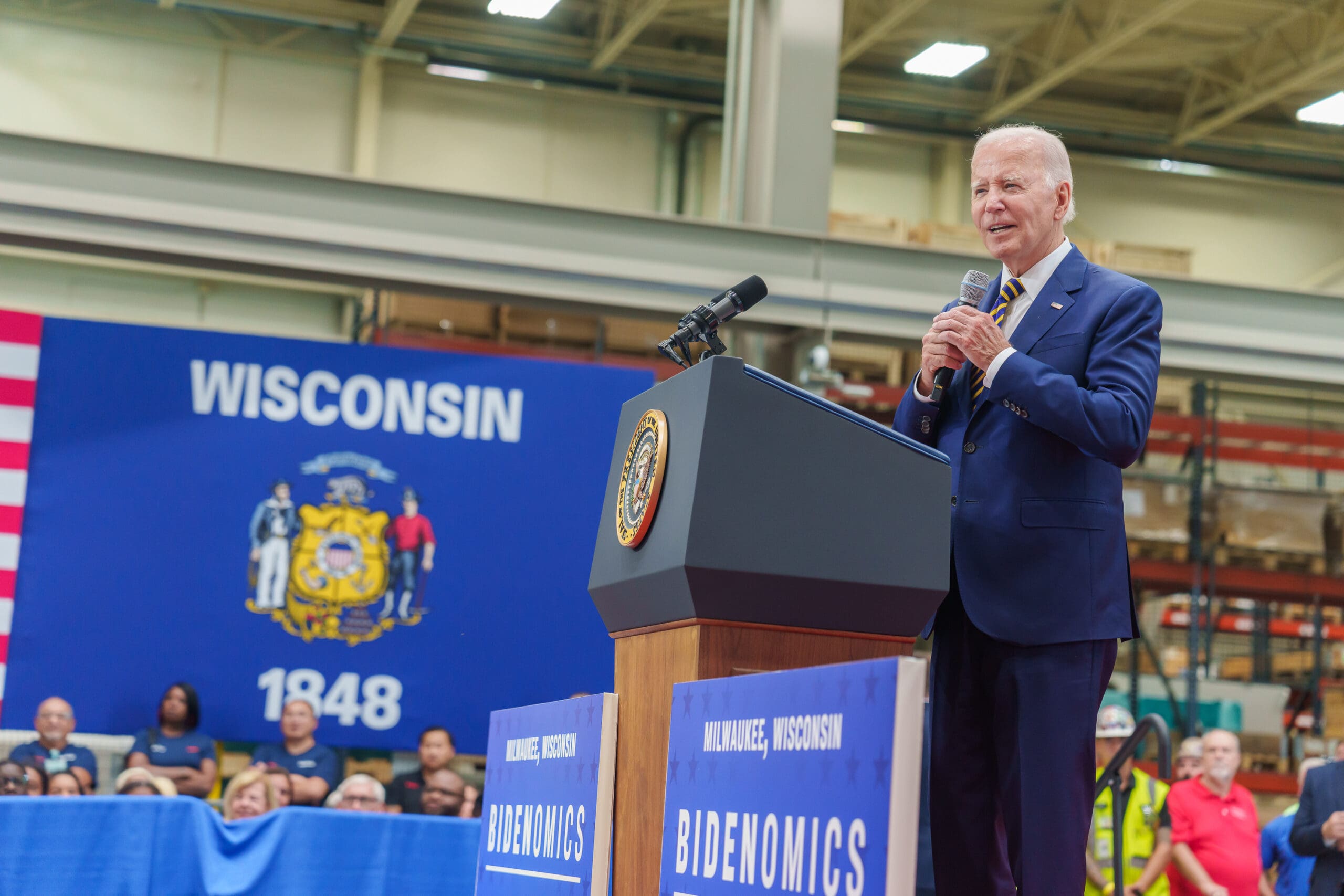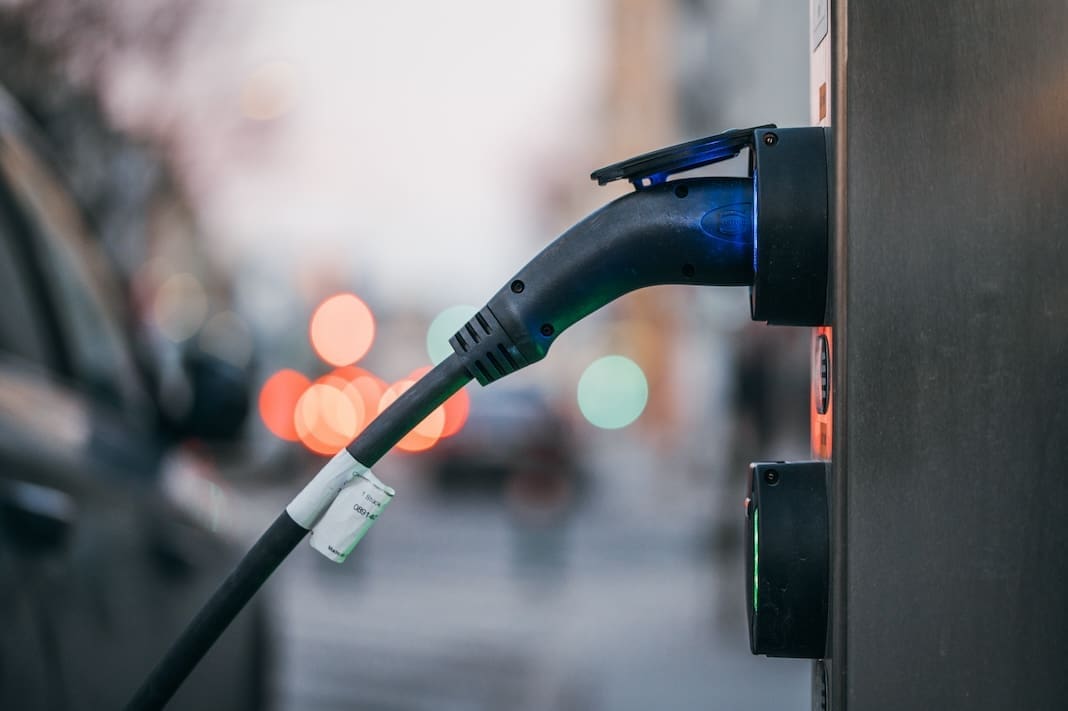White House initiative accelerates replacement of lead pipes in Wisconsin

Oliver Willis
Wisconsin will receive $250 million, funded by the Infrastructure Investment and Jobs Act, over five years to replace lead service lines.
In January, the Biden administration announced the launch of the “Get the Lead Out Partnership,” a coalition of state and local governments, communities, and private companies working with the federal government to replace dangerous lead piping that has polluted water supplies across the country.
Among those announced as part of the coalition were the state of Wisconsin, along with the cities of Madison, Milwaukee, Sheboygan and Wausau. The White House said that members of the newly announced partnership intend to replace 100% of the country’s lead service lines within 10 years. The partners have committed to a list of principles to prioritize replacement programs in underserved communities, which are statistically more likely to be exposed to unsafe levels of lead.
The Centers for Disease Control and Prevention has said that exposure to water tainted by lead is especially dangerous to children and can cause slowed development, brain and nervous system damage, as well as learning, behavior, hearing and speech problems.
A study of data collected between 1976 and 2016, published in 2021 in the journal Environmental Health Perspectives, found that Black children and children in low-income communities had higher levels of lead in their system than white children.
Wisconsin is slated to receive $250 million over the next five years for service line replacement, funded by the Infrastructure Investment and Jobs Act. President Joe Biden signed the legislation, which is funding $1.2 trillion for national infrastructure projects in total, on Nov. 15, 2021.
According to the White House, the city of Wausau and the Wausau Water Works utility announced that they had created a strategy to replace public and private service lines using funding from the infrastructure law and from the American Rescue Plan, which Biden signed in 2021.
Representatives from the city of Edgerton adopted a resolution to replace its lines by 2024 using funding from the infrastructure law and revenue from water utility rate payers.
A majority of the lines in Wisconsin that require replacement are in the city of Milwaukee. According to the U.S. Census, 39.4% of Milwaukee residents are Black and 19.9% are Latino.
Milwaukee Mayor Cavalier Johnson spoke on a panel at the White House’s Summit on Accelerating Lead Pipe Replacement on Jan. 27 and said the infusion of federal funding would “create an opportunity for us to expand on our work” to replace lead lines.
“If you want things to get done, if you want projects to happen, if you want lead services lines to get pulled out of the ground, then send resources directly to cities. Send those resources directly to mayors. We’re where the rubber meets the road,” he said.
A few days after the event, Milwaukee resident Deanna Branch, whose son suffers from lead poisoning which the White House said is due to contamination of the city’s drinking supply, was the guest of First Lady Jill Biden at the State of the Union address on Feb. 7 to highlight the issue.
Mitch Landrieu, a White House senior adviser coordinating the implementation of the infrastructure law,, told Milwaukee NBC affiliate WTMJ-TV, “This is a huge problem, all across America, particularly in Milwaukee.”
Published with permission of The American Independent Foundation.




